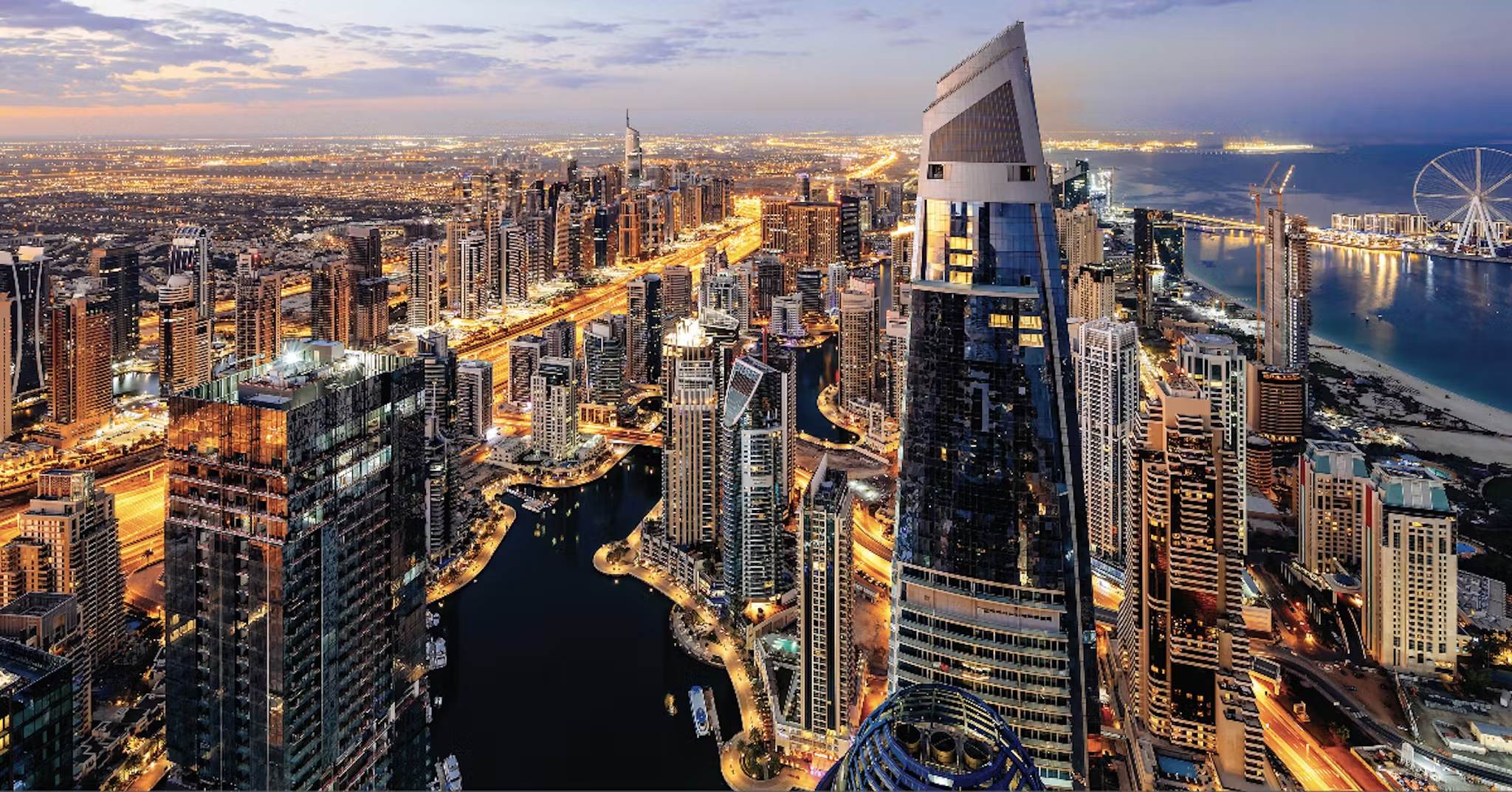Setting up a business in Dubai is one of the most exciting decisions an entrepreneur can make. The city has positioned itself as a global hub for innovation, investment, and growth, offering entrepreneurs and corporations access to world-class infrastructure, a highly strategic location, and favourable tax policies. However, one of the most critical steps in starting a business here is selecting the right business structure. Choosing wisely from the outset can shape your company’s success, compliance, and long-term growth.
Why Business Structure is Crucial
Your business structure defines the legal framework within which your company operates. It influences everything from how profits are taxed to how liabilities are managed and even the level of control you maintain over your company. In Dubai, the authorities offer a range of options designed to suit both local and international investors. Making the wrong choice could lead to higher costs, operational restrictions, or challenges with scaling your business in the future.
Common Business Structures in Dubai
1. Free Zone Company
Free zones are ideal for entrepreneurs seeking 100% foreign ownership and simplified setup procedures. With benefits such as full profit repatriation, no import or export duties, and exemption from corporate tax in certain cases, free zones remain a top choice. They are particularly popular among consultants, traders, and tech start-ups aiming for global reach. However, free zone companies may face restrictions when it comes to trading directly with the UAE mainland.
2. Mainland Company
Mainland companies are the right choice for entrepreneurs who want to operate across Dubai and the wider UAE market. Today, in most business activities, foreign investors can enjoy 100% ownership without needing a local sponsor, a major shift that makes the mainland structure more attractive than ever.
A mainland licence also allows you to:
-
Trade directly with customers anywhere in the UAE
-
Take on government contracts
-
Open unlimited branches across the Emirates
This flexibility makes it a powerful option for companies aiming to grow locally and regionally.
3. Offshore Company
Offshore structures are mainly used for international trade, asset protection, and tax planning. While offshore companies cannot trade directly within the UAE, they are often chosen by entrepreneurs who need a holding structure for global operations or to benefit from Dubai’s double taxation treaties. They also provide confidentiality and flexibility but are less suitable for those seeking to establish a physical presence in Dubai.
Factors to Consider When Choosing
Nature of Your Business
Will you be trading, consulting, providing services, or handling logistics? Each activity has licensing requirements that determine whether a free zone, mainland, or offshore setup is best.
Target Market
If you plan to sell directly to UAE customers, a mainland licence is often more suitable. For global trade, offshore or free zone entities can provide more flexibility.
Tax Considerations
While Dubai offers 0% personal income tax and competitive corporate tax rates, your structure will impact your exposure to UAE’s 9% corporate tax and international obligations.
Growth Plans
Consider whether you want the option to expand operations within the UAE, enter partnerships, or open multiple branches.
Final Thoughts
Choosing the right business structure in Dubai is not a one-size-fits-all decision. Each option, free zone, mainland, or offshore, comes with its own set of benefits and restrictions. By aligning your structure with your business goals, compliance requirements, and long-term vision, you can ensure smoother operations and stronger growth.
If you’re considering setting up your company in Dubai, seeking expert advice can help you navigate the licensing process and make the best choice for your needs.
Ready to explore your options? Book a free consultation and take the first step toward building your future in Dubai.


